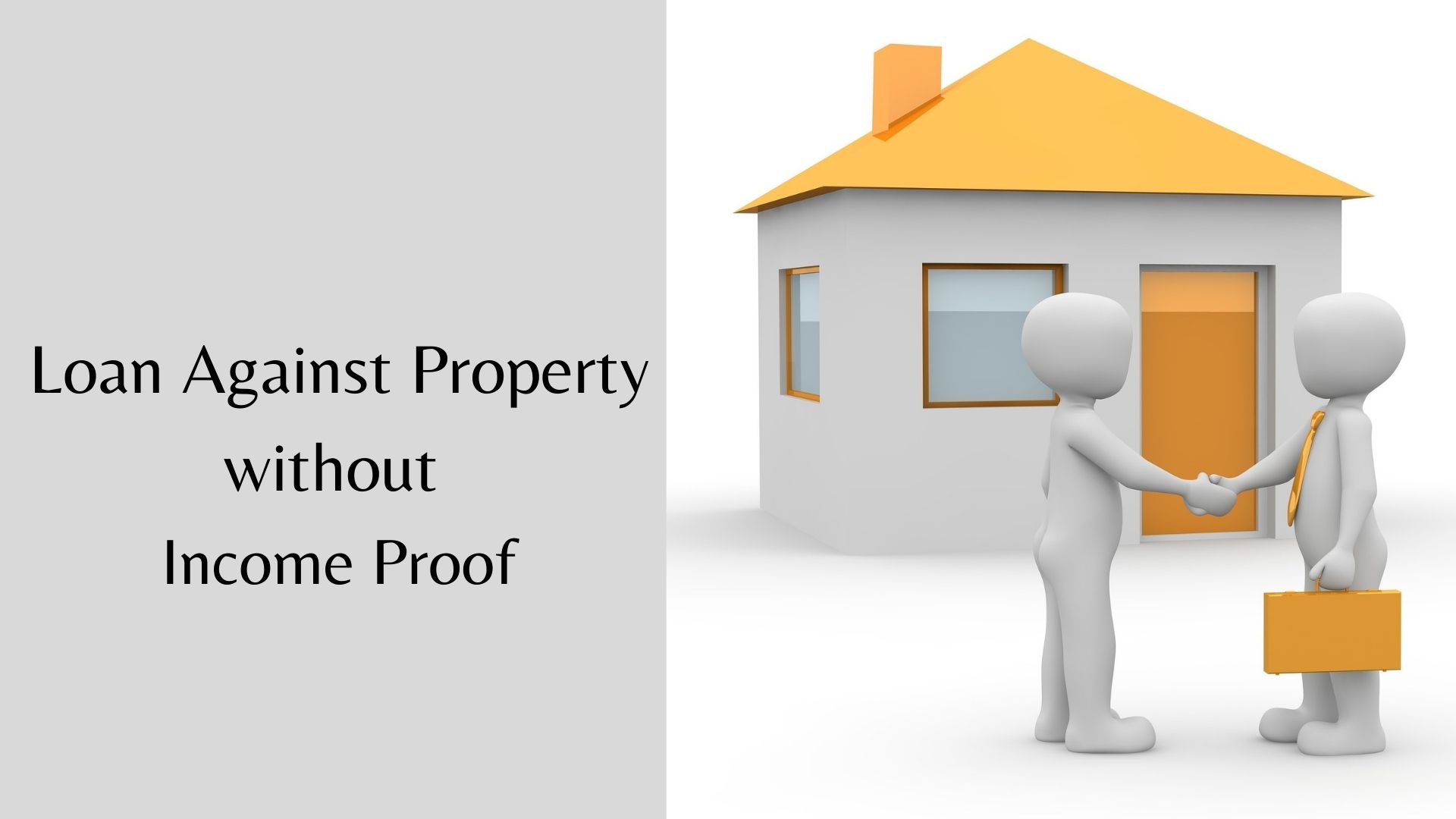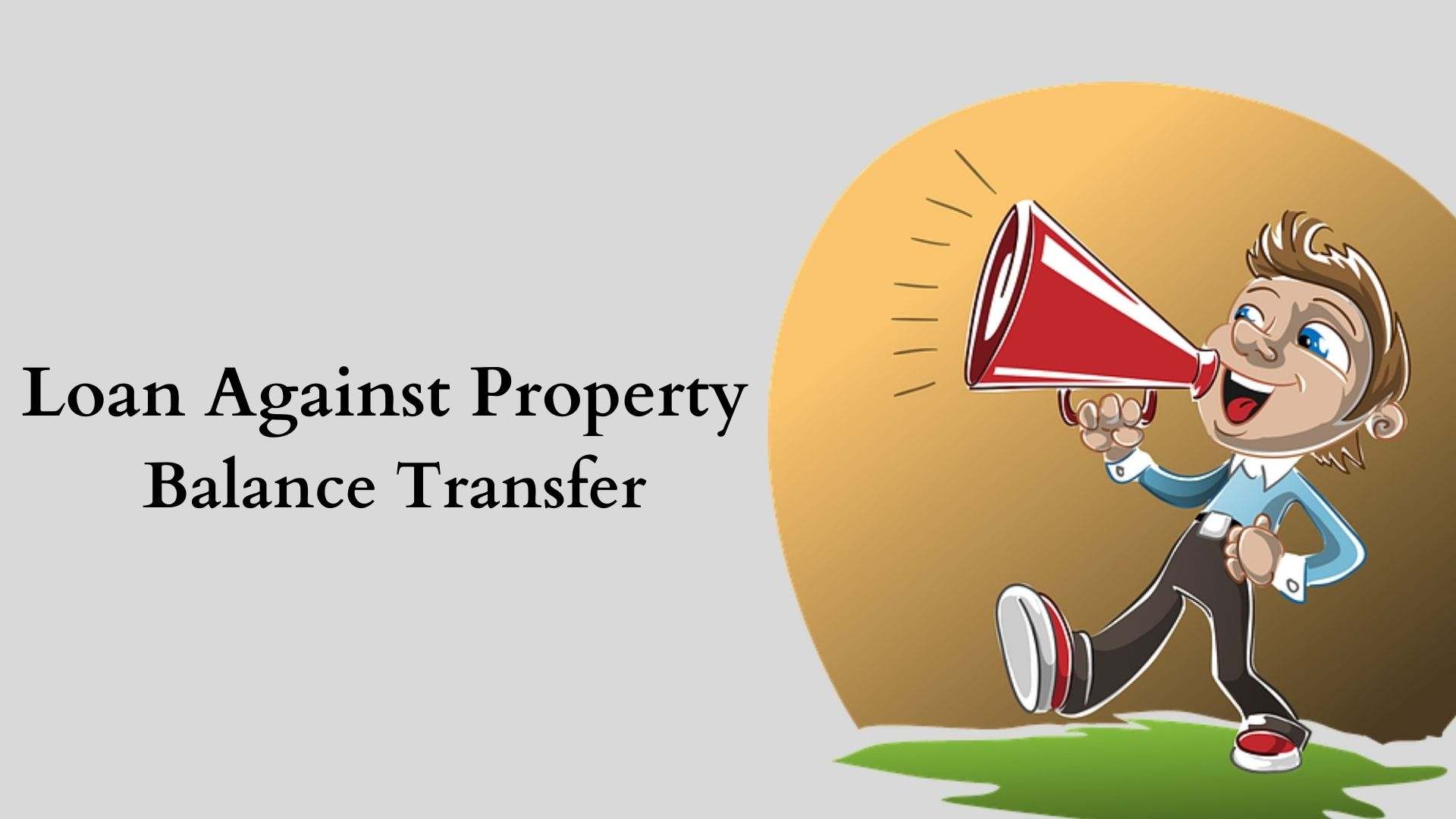Top 10 Best Private Banks in India List 2025
January 09, 2025
LAP Archive | Simplifying the Details of Loan vs Mortgage

January 10, 2022


The lending industry uses the word mortgage and loan on an alternate basis. Even though they are used all the time, there is still a difference between mortgage and loan.
A loan refers to the amount that the person borrows from a financial institution for meeting their monetary needs. In contrast, a mortgage relates to keeping the immovable possessions in collateral to the lender for borrowing the loan amount. The borrowers will get back the ownership of the immovable possession once they have made the total amount repayment of the mortgage loan.
One may need a loan for several reasons, but one has to give collateral to avail of many of these loans. This is known as a mortgage loan. Both loans and mortgages serve different purposes. In this article, read every detail about mortgage vs loan.
Table of Contents
ToggleBoth loan and mortgage are secured options to cover big expenses. However, there are differential factors between the two. Mortgage vs loan agreements are laid out in the same manner. The difference between mortgage and loan are mentioned in the table below:
| Mortgage | Loan | |
| About the Loan |
Mortgages are a kind of secured loans which are tied to the real estates’ deals, such as a house, apartment or land. The borrower keeps the property owned by them in exchange for money that is paid in instalments every month. When the money is repaid the property is returned to the borrower. |
The lenders are also called creditors and the borrowers are also called debtors. The money which is borrowed and lent is known as the loan. In this case, the creditor/lender has loaned out the amount, while the debtor/borrower has taken out a loan. |
| Purpose of the Loan |
There is no restriction on the loan amount that can be used in any way. The loan amount can be used for anything. It can either be used for personal requirements or business requirements. |
If it is a personal loan, it can be used for personal requirements and if it is a business loan, it can only be used for the funding used for work related to business, etc. |
| Break-up of the Loan |
FHA mortgage loans, fixed-rate mortgage loans, VA loan mortgages, adjustable-rate mortgage loans, reverse mortgage loans, interest-only mortgage loans. |
English mortgage loans, simple mortgage loans, usufructuary mortgage loans, conditional sale mortgage loans, anomalous mortgage loans, title deed deposit mortgage loans. |
| Value Ratio of the Loan |
The loan amount that can be availed is 60% – 70% of the market value of the property. |
The loan amount that can be availed is up to 90% of the market value of the property. |
| Rate of Interest on the Loan |
The mortgage loan rate of interest is usually 1% to 3% higher than the interest rates of home loans. |
Usually, low-interest rates as compared to mortgage loans. |
| Processing Fees for the loan | Usually 1.5% of the loan amount. | Usually between 0.8% to 1.2% of the loan amount. |
| Loan Repayment Tenure | Up until 15 years. | Up until 30 years. |
As you already know, the difference between a mortgage and a loan. Now is the time to learn about different types of mortgages and loans available for the audiences.
● Simple Mortgage Loans: The borrower mortgages their immovable property to avail the loan amount. In case of repayment failure, the borrower can sell the immovable property.
● English Mortgage Loans: An English mortgage establishes individual liability on the borrower. Also, the mortgaged immovable property is sold to the creditor on the condition of successful repayment will recover the property back to the borrower.
● Title Deed Deposit Mortgage Loans: The title deed of the property is submitted by the debtor as a mortgage towards the credit to avail the loan amount.
● Usufructuary Mortgage Loans: The possession of the immovable property is transferred to the creditor, who can receive profits, such as rents from it. The creditor will not create any personal liability on the debtor in this mortgage loan.
● Conditional Sale Mortgage Loans: In this mortgage loan, the debtor will sell their immovable property. The term in this loan is that this will become default if the debtor repays the loan amount.
● Anomalous Mortgage Loans: The mortgage loans that do not come from any of the above-mentioned mortgages are known as Anomalous Mortgage Loans.
● Secured Loans: In a secured loan, the debtor leverages their personal property to avail of the loan. If the debtor defaults, their property will be transferred in the name of the creditor.
Below is the list of secured loans in India:
● Unsecured Loans: Any property and the loan amount do not back up this loan type, and the repayment tenure is calculated after determining the income and credit score of the borrower.
Here is the list of unsecured loans in India:
| Features of Loan | Features of Mortgage |
| It offers both a floating and fixed rate of interest on the loan amount. | Offers both fixed and floating rates of interest on the loan. |
| Both collateral and collateral-free loans come under the loan. | Not all kinds of properties are accepted by the creditors. |
| It includes both secured and unsecured loans for the debtors. | A mortgage loan comes under the secured loan because of the collateral. |
| Customization depends on the financial institution lending the money. | Can be customized to match the requirements of the debtor. |
Opting for a loan against property will sanction a considerable loan amount. The loan received in this case is 75% to 90% of the property’s value (depending upon whether it is commercial or residential property). This loan amount is higher than opting for unsecured loans, such as personal loans.
A loan against property is a secured option for borrowing money. It is because of the risk of the creditors’ money as any issue can be covered up with the legal that they can make on the debtor’s immovable property. This is the reason for low-interest rates on loans against property.
You get an extended repayment tenure by opting for a loan against property. The creditor can give up to 20 years for the loan repayment tenure. This extended tenure is helpful when you have to repay a large sum of money.
A loan against property is beneficial, especially in the case of tax benefits. With this loan, the debtor can get tax benefits on their pay interest. Under the Income Tax Act, 1961, the debtor can apply for tax exemption under the mentioned sanctions, such as home loan sanctions.
Taking a loan against property helps manage the big-ticket expenses. It is because it offers a large amount in sanction with a low rate of interest and repayment tenure.
Yes, home loans and mortgages are different. A home loan is a financial support for constructing and purchasing any residential property. A Mortgage Loan has no restriction on its use to be used for any purpose.
Yes, it is a loan borrowed by the mortgage lenders or banks in which possession is being kept to the lender by the borrower. When the borrower repays the mount, the possession will be returned to them. Hence, it is a secured kind of loan.
Yes, it is possible to be on a mortgage but not the loan. For example, if a person wants to re-start their career, they might ask their parents to be the co-signer. In this case, the parents are on the mortgage but not the loan.










© 2025 www.urbanmoney.com. All rights reserved.

Need Loan Assistance?

Thank you for showing your interest. Our agent will get in touch with you soon.

















